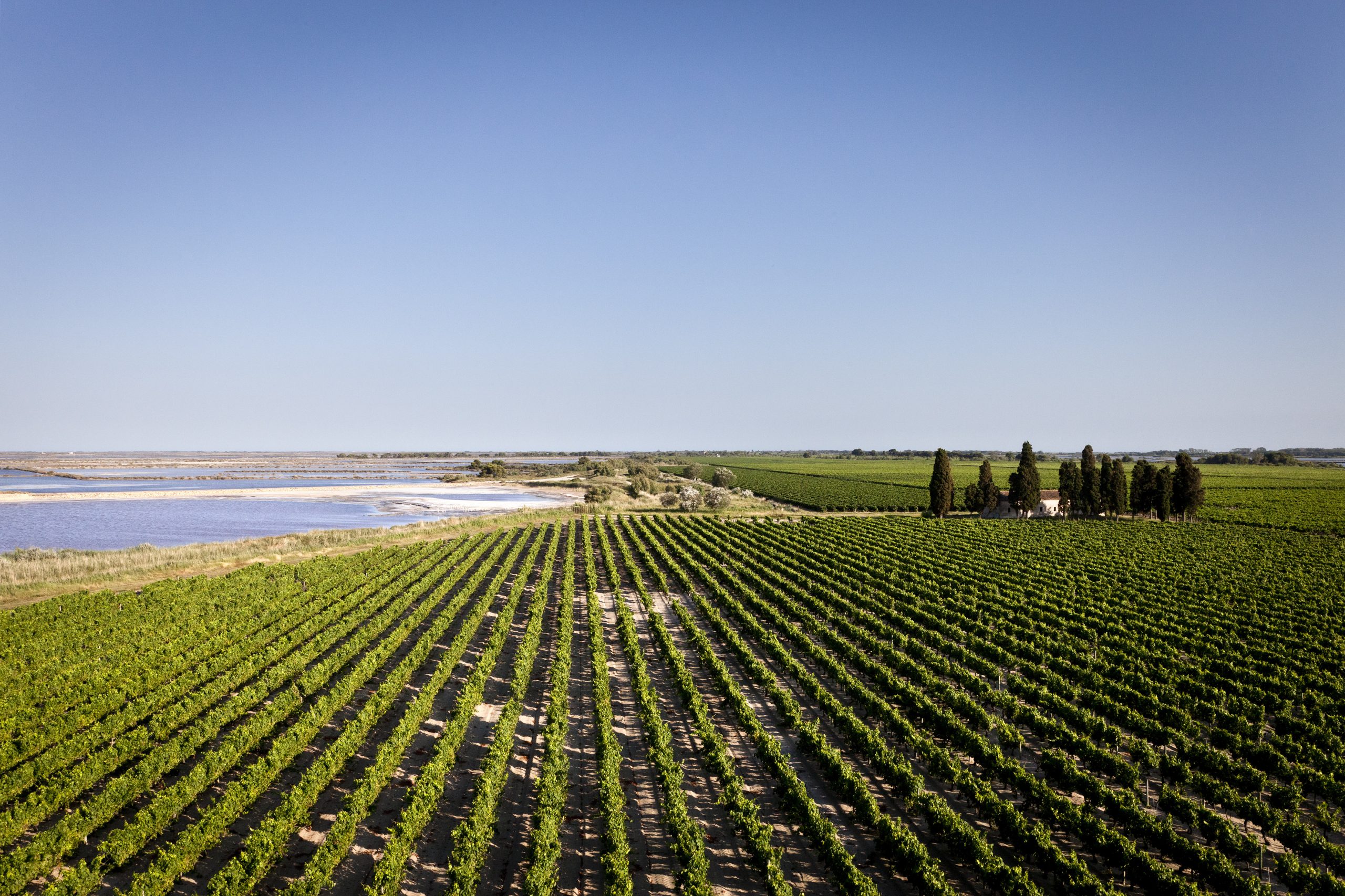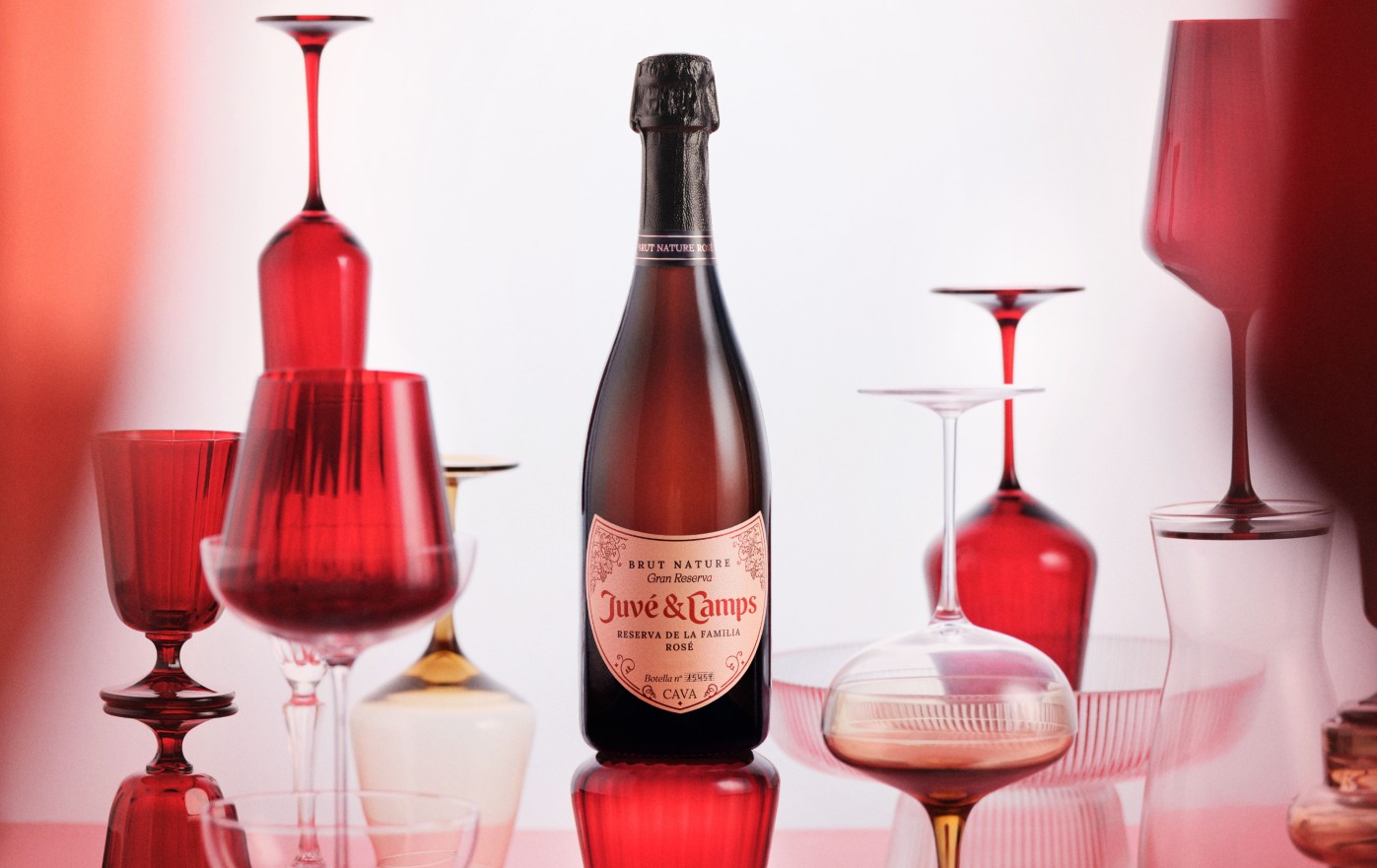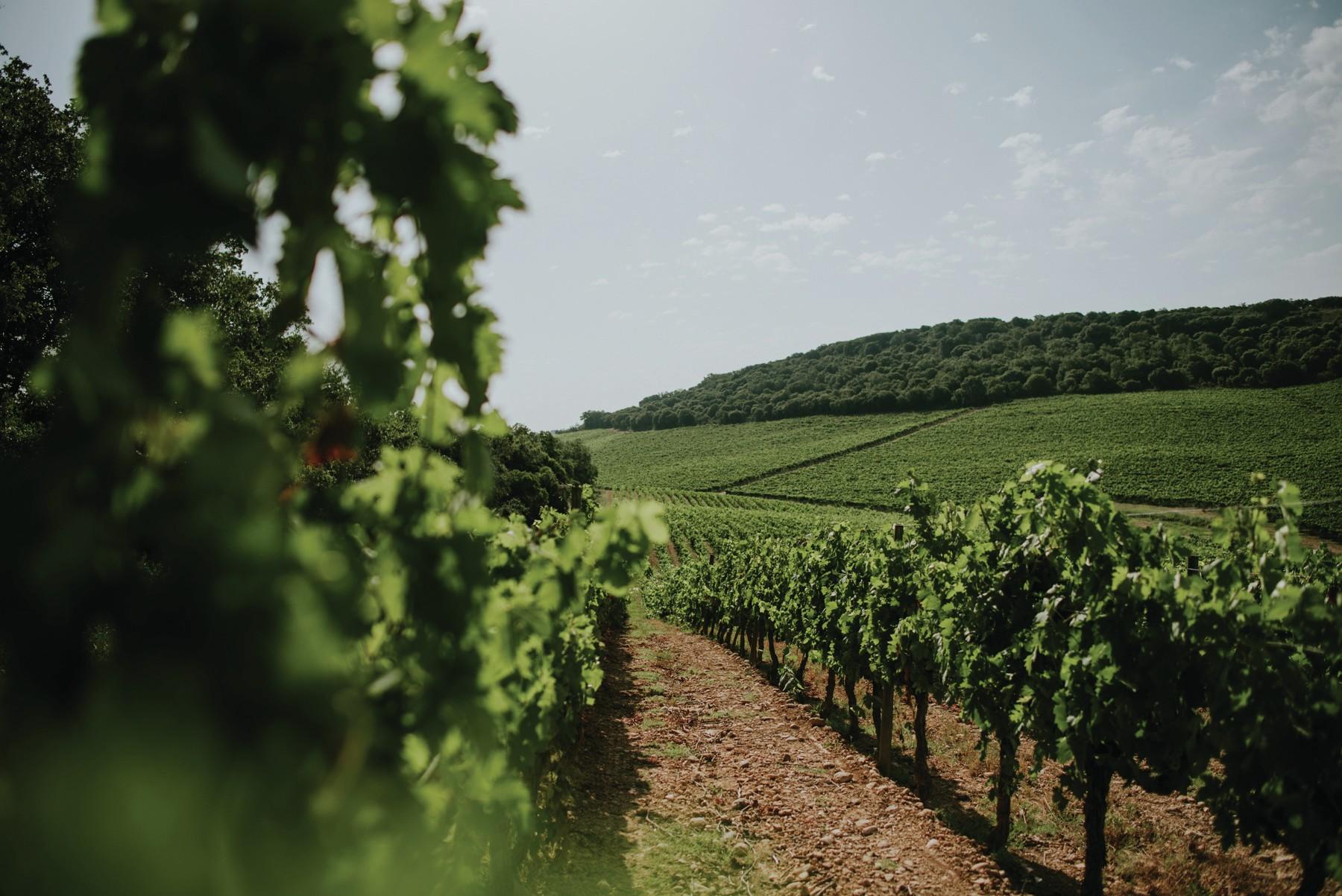Californian wine industry lacks “leadership”
California is failing to fully promote the dynamic nature of its wine industry, but lacks the personalities to do it, according to Lieutenant Governor of California, Gavin Newsom.
Addressing attendees of last week’s first ever California Wine Summit in the state, Newsom said, “We are proud of this industry, but we don’t promote it as much as we should.”
In particular, he stressed that emerging markets, above all China, weren’t aware of the quality and diversity of Californian wines.
“I’ve just been to Hong Kong and China and there’s an opportunity there… we’ve been selling lower end wines there for years, but my impression is that consumers there have no idea of what we have to offer.”
When asked how California should raise awareness internationally for its range of upmarket wines, Newsom stressed that the region needed high-profile personalities.
“When Robert Mondavi and others passed away, there was a question of how we project our image… there’s got to be a new generation of energy around this industry,” he said.
Continuing he commented, “I argue that there is now a vacuum of leadership and we as an industry need to reconcile that quickly.”
However, president and CEO of the California Wine Institute, Bobby Koch stressed that there was a new generation of winemakers promoting the state’s produce abroad.
“It’s only natural that when you lose the pioneers like Robert Mondavi, Ernest Gallo or Joe Heitz you lose something important to our industry, and the next generation are not the founders so it is a bit different, but we will see more of the second, third or fourth generation stepping up.”
Partner Content
Nevertheless, he added, “It may be harder for them to get the attention because they are not the founders.”
Meanwhile, Newsom also expressed a need for California’s centre of vinous research, UC Davis, to gain greater international recognition for its work.
“UC Davis is the UN of the future of winemaking – everyone has a stake in what those professors are doing there, and we need to dust off that story,” he said.
Before entering politics, Newsom worked in the wine industry, having founded initially the PlumpJack wine shop and later PlumpJack winery with the financial assistance of his family friend and one of America’s richest men, Gordon Getty.
PlumpJack was the first Napa Valley winery to use screwcaps on its top-end wines with the release of its 1997 Reserve Cabernet Sauvignon, half of which was sold using the aluminium seal, while the other half was closed with cork.
Newsom told the drinks business that he hopes to release the results of a closure trial involving his wines and UC Davis later this year, or early 2014, having sent bottles of PlumpJack Cabernet Sauvignon sealed under cork and screwcap to the university for the past 10 years.





The nature of the wine business has changed dramatically, even since the passing of Robert Mondavi. In the 60’s and 70’s there were only a handful of wineries from California making premium wine and there wasn’t a WORLD of wine available either. Not to take anything away from the monumental work that Mondavi did, but most of our time is spent on the close-in work of building recognition for our individual brands…the larger perspective – industry building – may have to wait.
I think, though, that there are leaders out there, and there are a number of different paths that need that leadership. High-end wine in China is just one. Though America is the largest aggregate consuming country, we are way down the list for per capita consumption of wine. Leading the charge to make wine a staple of the American table is probably an even more worthy challenge.
oh, yes. i worked with bob for 20 years; there won’t be another. but taking the cause of wine to americans of all backgrounds still needs doing; vintners now are simply spoiled, market-share-focussed and self-centered. and unwilling to pay to communicate a broad industry message. too bad.
harvey
Harvey
I don’t think that’s true for the industry as a whole. You are an industry vet and know the costs of brand creation. For small wineries such as mine (and many of my neighbors in the Livermore Valley), we are still in the “proof of concept” phase. Every hour is spent trying to make great wine and create enough relationships to allow that fundamental activity to continue.
That being said, the question of leadership emerges more frequently now as I get older. Whether it is in the context of our little appellation or for the industry as a whole, I think history in the business and a desire to pass something of value to the next generation necessitates a wider view.
I have to agree with Mr. Mirassou’s assessment. Also, having dealt with the China Market for the last 2 years, my assessment of that is that it is unstable and immature when it comes to wine sales and consumption. Our efforts as an industry would be FAR better spent on marketing wine as accessible and a staple to the American public.
I think Mr Newsome’s remarks are ill informed and lack full understanding of the industry he was very well funded to enter. Marketing wine to China is costly and unnecessary.
I find this to be so true. When I worked with a winery in China Robert Mondavi was the only American winemaker to visit the winery and vineyards. Many Italian, French, Spanish, Greek etc wine makers came but America showed no interest..The local government in Shandong was very eager to support the wine business and had interest in California wine making. However, I was told over and over again “we do not need to export” . So I got nowhere..
Even to day with all the talk of China I see only penetration on the coast and mostly catering to the expat community..
It would seem they are three avenues for investment:
1. Exporting California wine. Perhaps the smaller wineries could band together and set up a company to educate, import, distribute and even sell to the WHOLE of China.
2. Importing Chinese wine. The wine may not be the greatest but I believe the wines should be paired with various Chinese foods and sold to Chinese restaurants.
3. Development. Invest in Chinese wineries and bring in California wine expertise.
I feel very fortunate to have started our winery 43 years ago. I also had the chance to meet many of the great men of this industry because when I started there were fewer than 200 wineries extant in California and it was possible to do that. What I remember most was their kindness, collegiality and innate sense of the big picture.
Now, with 3,700 wineries, most of which are operated by people who haven’t quit their day jobs the business is vastly different. Newcomers feel, somehow, that they want to “cash in” on the work done by others before them. In law it is called unjust enrichment. I think of it as ego driven greed. They have no sense of anything but the immediate.
I, myself, am now the age of the old timers who were around when I started. I am afraid the world has changed and we’re not going back. There will be no “leaders” in this business emerging any time soon.
Tim Hanni, MW, being the first American appointed as “Director of China Food Culture Research Association”…because of his international reputation as a wine expert, North America’s First master of wine, a chef, and has a book coming out in China in 2014 that will be specific to their cuisine and wine preferences based on taste sensitivity research. Tim has been working with China for 20 years increasing US wines visibility and looking at wine consumption there from the perspective of their taste sensitivities and cultural preferences. There are well known issues for US wineries that make the Chinese market difficult i.e. knock off wine labeling, cost prohibitive tariff’s and gaping differences in the way they deal with money…but other than that it’s a piece of cake!
Good gentlemen. Remember that CA increasingly has competition from many sources. I am a Cali boy raised on big reds who now owns a destination winery in Virginia. We are building regional brand recognition. We pull over 1500 people a weekend through our doors and sell 95% of our product at retail pricing between $23 & $50 a bottle on site. That means that I am introducing more consumers to quality Virginia wines each week than any other winery in Virginia. (That averages to $53,000 a week in onsite sales). We are also building the Virginia wine brand. That’s because we do not have the economies of scale or market recognition that you guys have. So we have to look at creating different models. We also have strong leadership from our Governor on down and VA Tech plays the critical “UC Davis Role”.
Our winery makes great wines that have taken many West Coast golds plus double gold in SFChron and Platinum in San Diego, but we also produce off dry products which equate to 40% of all sales. We incentivize staff to sell the direct to consumer club package and we scrape for every dollar of net profit. For us it is about pulling people to the winery and converting them into crusaders for our brand. We have to. Agritourism is new again because shelf space is so tight in the USA. And, yes, our next winery will be focused upon sales to China.
Clearly Mr Newsom’s comments come to us as a viewpoint from his new role; more ‘Ambassador’ to the state’s macro-interests, than ‘Retail’ or ‘Winery’ owner on a more micro-level. While in my mind, that leaves both Mr Mirassou & Mr Posert correct above…it still leaves the issue of what, if anything, might be done here?
While true, that the days of Mr Mondavi essentially building a brand…and the state’s wine industry…as nearly the same in tandem, are past for now…would it help or make sense, to have such a ‘leader’ role as Mr Newsom describes it? Does Bordeaux have that face? Chile? Or South Africa, which is emerging?
Either way, it is interesting to ponder, even if someone stepping into such a spot may be more difficult than it seems.
Couldn’t agree any more with Newsom. As a former San Franciscan living in the UK for the last decade, all I see on the shelves are the mass consumption labels like Mondavi. Europe thinks we make average table wines. Hardly any quality NorCal wines make it to these shores.
Hmmm…. I think California lacks leadership! Correction… it’s fairly obvious. California lacks leadership. Stick to what you know… overfunded entrance into the wine industry without actually being held to its basic economic principles is not “being” in the wine industry. It’s being a rich kid having egocentric fun.
As a wine writer my take is different and while wineries themselves may lack the fortitude to promote their brands overseas, using China as an example, as a writer I find that I am in some ways better positioned to showcase California wine. To that point I write for one of the largest wine magazines in China where I have recently written about Monterey, and I’m currently working on a piece about Sonoma. Wine writers, often overlooked, can be great proponents for wine regions.
And…almost as if one cue…just a few hours after writing here yesterday…to see Mr Posert’s name, smack in the pages of Robert M Parker, Jr’s biography, ‘The Emperor of Wine’, talking about exactly those early days on the road with Mr Mondavi. Pretty good reading, too!
Harvey
I agree with you , Bob was the man. He was also a memtor to me and others. I also agree there is a new generation. The new generation needs to “stand up” and be noticed”. Every region goes through this phase and I believe it is imperative that new leaders from the younger generation take up the torch. . Let’s here from you.
Donald ziraldo
WOW where should I begin? OK Keith try an make this short. every wine region lacks the leadership because the people leading are out of there element when leading in these times. This century is a whole different ballgame and the old guard needs to step down and mentor from the side if need be but they ARE NOT the face of the wine regions and or winery themselves.
Go to wine events, conventions etc and if you see someone over the age of 45 chances are they are a fish out of water. They do not know how to engage. No one to blame here…. Like Donald says above imperative that new leaders from the younger generation take up the torch… But the mentors have to be on board and allow it to happen.. Put the ego aside and have new faces to the industry. I have done this in business many times and I am only 52 but I understand what others want because i am aware and pay attention..
Man I would love to talk with all you guys and gals when I come to California at the end of November…. Wine Summit!!!
Much more to say!!!! Keith Miller / Wine Life Radio
That is rich. A politician speaking of leadership, and especially Newsome. That is the pot calling the kettle black.